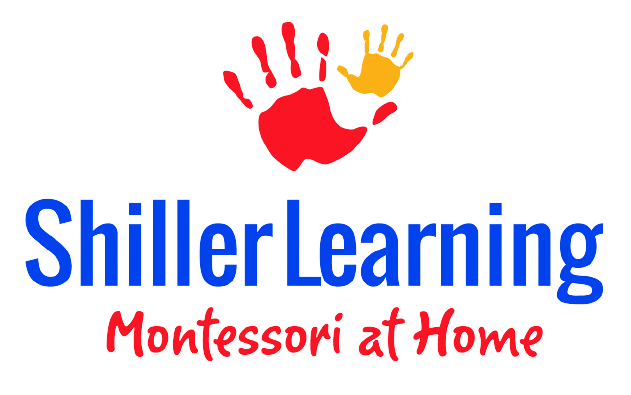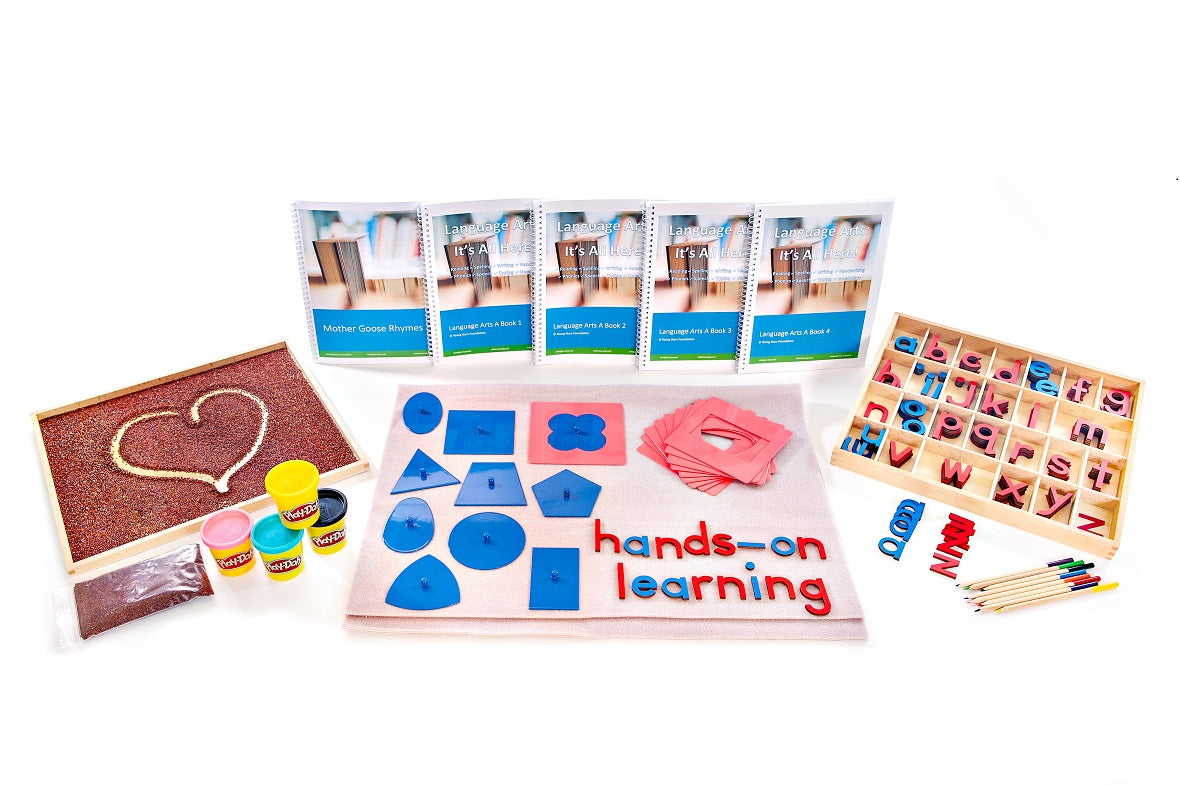Teaching Kids to Read With the Montessori Method
Teaching Kids to Read with the Montessori Method
Language development is a paramount component of a Montessori education. The ability to read is an essential skill, one that children absolutely love to learn. The Montessori-based approach to develop reading skills gives children a solid reading foundation and confidence to read and learn on their own.
Read Out Loud
Children who are read to often are proven to be more successful readers themselves. Read out loud from infancy. Let your child follow along with you word-by-word if they are interested. If the child is not interested in printed text, don’t force it. Having a relaxing, fun time reading snuggled up with a loved one is an excellent way to build reading skills. Many children enjoy read-alouds well into their teens.
Make the Most of the “Sensitive Period”
Children age 2 ½- 4 ½ are in what Maria Montessori called a “sensitive period” for learning letters and sounds. Introducing children to these concepts builds a solid foundation on which reading will follow. Following this “sensitive period” some children seem to intuitively grasp reading and take off, while others need more reading instruction and guidance. Both are ok and developmentally appropriate.
Use the Three-Period Lesson
This approach is a hallmark of what makes the Montessori method so effective.
1. This is.
2. Show me.
3. What is?
For example:
1. This Is: “This is the letter "S" The child sees the painted wood letter "S".
2. Show Me: Place several letters in front of the child and say “You may show me the letter ‘s’ “ and allow the child to choose the letter. If they select another letter, do not correct: Simply go back to Period 1: This Is.
3. What Is?: Point to the letter ‘s’ and ask “What is this called?” If the child answers incorrectly, do not correct: Simply go back to Period 1: This Is.
Young children in particular love this approach and may ask to repeat it over and over with the same letter, picture or concept. Repeat the lesson as many times as needed until the child has competence and closure.
Take It Incrementally
Reading skills build on each other. Children begin by using letter sounds to make two-letter words, then consonant-vowel-consonant words. Next they match word cards with pictures, and eventually move on to phrases and sentences. Before you know it, the child is on to reading books and is an independent reader!
It’s OK to Step Back
Children all have their own development and timeline with reading. Just because another child in your homeschool coop was reading independently at age six doesn’t mean your child will. If a child is not developmentally ready for a lesson, you can skip it and come back to it. Frustrated, crying children can’t learn: Step back and return to it later. Most children are reading by second grade with the Montessori method.
Make Reading Part of Every Subject
Once a child begins reading you can easily incorporate their newfound skills into other subjects: Geography, history, science, and natural history are especially easy topics to incorporate reading skills into. Reading is a skill, a discipline and a gift. Teaching a child to read is well worth the time and effort involved to see their confidence and ability to explore the world grow.






